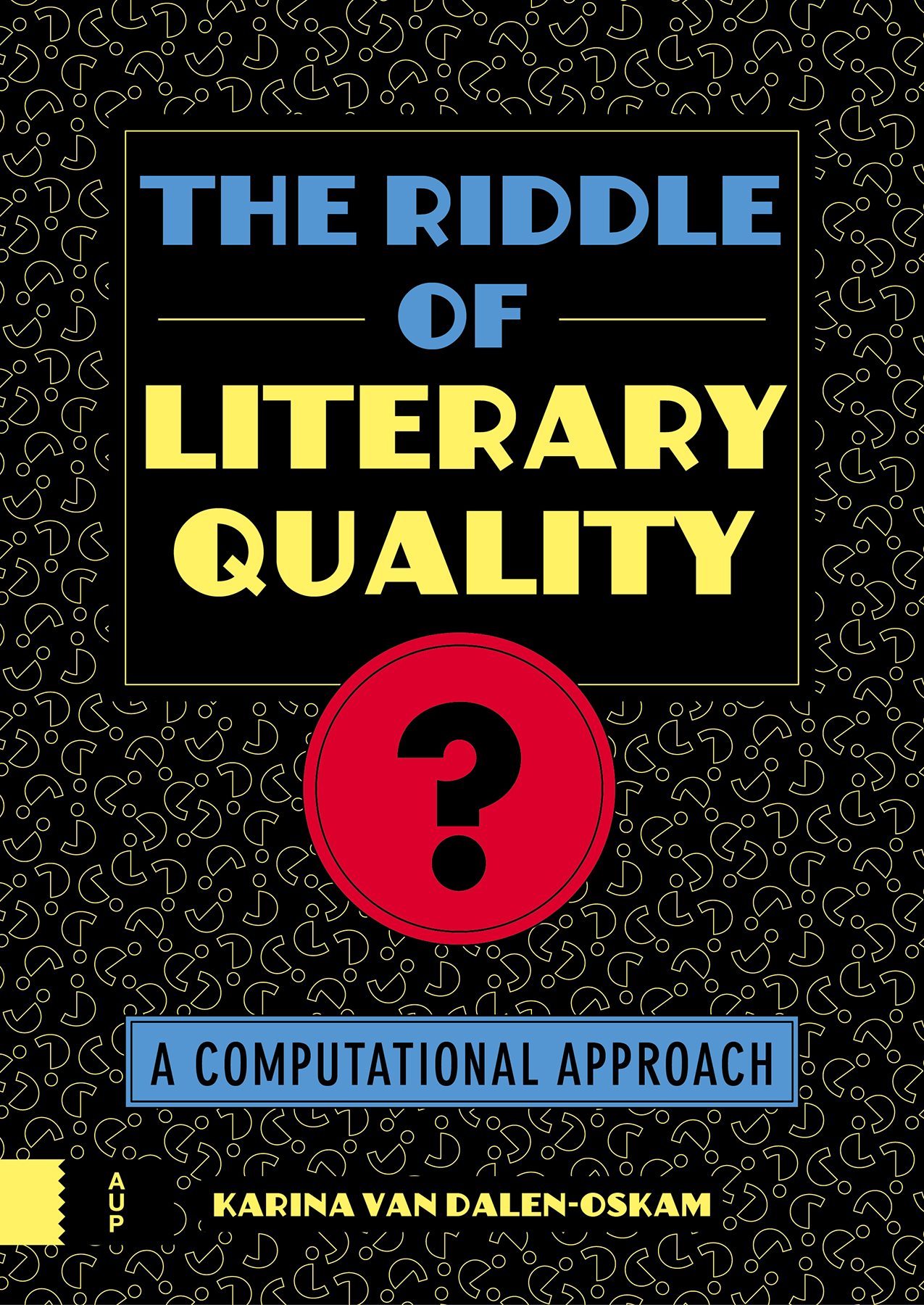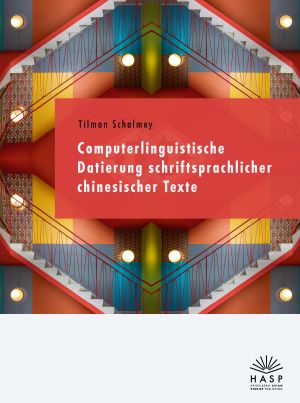In der letzten Zeit sind u.a. diese frei verfügbaren Titel erschienen:
Computerlinguistische Datierung schriftsprachlicher chinesischer Texte
Tilman Schalmey
https://doi.org/10.11588/hasp.1153
Die chronologische Einordnung von Texten kann für Authentizitätsforschung und Exegese entscheidend sein. Die Datierung schriftsprachlicher chinesischer Quellen kann u. a. durch Imitation antiker Vorbilder und unklare Urheberschaft erschwert werden. Dieses Buch untersucht erstmals die Entwicklung und Anwendung computergestützter Methoden für die Datierung chinesischsprachiger Quellen. Dabei ermöglicht eine lexembasierte Methode, der stilistischen Rigidität der Schriftsprache zu begegnen und unterstützt damit die philologische Arbeit. Zudem werden der Sprachwandel, die Eignung digitaler Methoden für die Untersuchung Klassischer Texte und das Hanyu da cidian 漢語大詞典 als wichtige Datenquelle für lexikographische Datierung untersucht.
From Handwriting to Footprinting: Text and Heritage in the Age of Climate Crisis
Anne Baillot
https://doi.org/10.11647/OBP.0355

How do we currently preserve and access texts, and will our current methods be sustainable in the future?
In From Handwriting to Footprinting, Anne Baillot seeks to answer this question by offering a detailed analysis of the methods that enable access to textual materials, in particular, access to books of literary significance. Baillot marshals her considerable expertise in the field of digital humanities to establish a philological overview of the changing boundaries of ‘access’ to literary heritage over centuries, deconstructing the western tradition of archiving and how it has led to current digital dissemination practices. Rigorously examining the negative environmental impact of digital publishing and archiving, Baillot proposes an alternative model of preservation and dissemination which reconciles fundamental traditions with the values of social responsibility and sustainability in an era of climate crisis.
Integrating historical, archival and environmental perspectives, From Handwriting to Footprinting illuminates the impact that digitisation has had on the dissemination and preservation of textual heritage and reflects on what its future may hold. It is invaluable reading for anyone interested in textual history from a linguistic or philological perspective, as well as those working on publishing, archival and infrastructure projects that require the storing and long-term preservation of texts, or who want to know how to develop a more mindful attachment to digitised material.
The Riddle of Literary Quality: A Computational Approach
Karina van Dalen-Oskam
https://library.oapen.org/handle/20.500.12657/63705
https://www.aup.nl/en/book/9789048558155/the-riddle-of-literary-quality
zur gedruckten Ausgabe im ULB-KatalogPlus

What is literature? Can we measure ‘literariness’ in texts themselves? The innovative Computational Humanities project The Riddle of Literary Quality asked thousands of Dutch readers for their opinion about contemporary Dutch and translated novels. The public shared which novels they had read, what they really thought of them, and how they judged their quality. Their judgments of the same novels were compared with the results of computational analysis of the books.
Using evidence from almost 14,000 readers and building on more textual data than ever before, Van Dalen-Oskam and her team uncovered unconscious biases that shed new light on prejudices many people assumed no longer existed. This monograph explains in an accessible way how the project unfolded, which methods were used, and how the results may change the future of Literary Studies.

